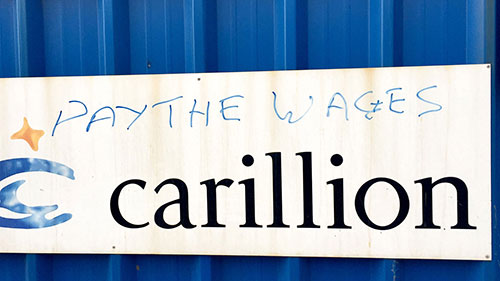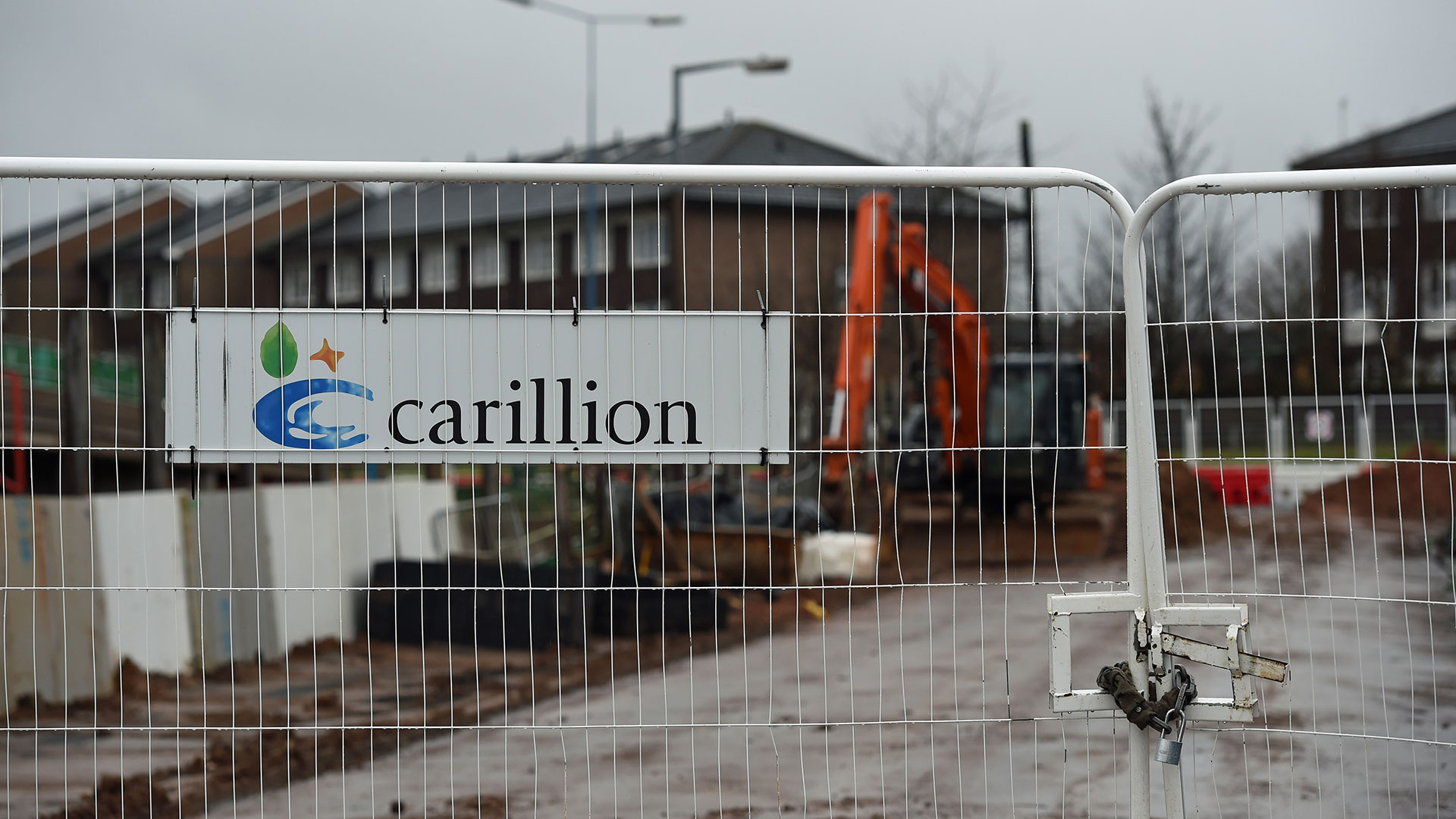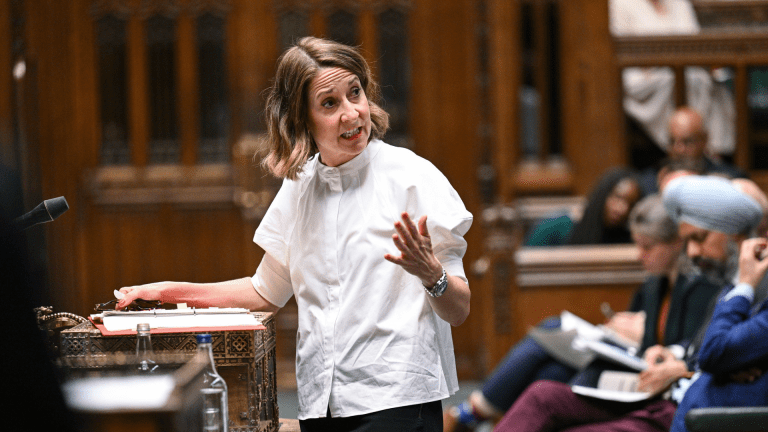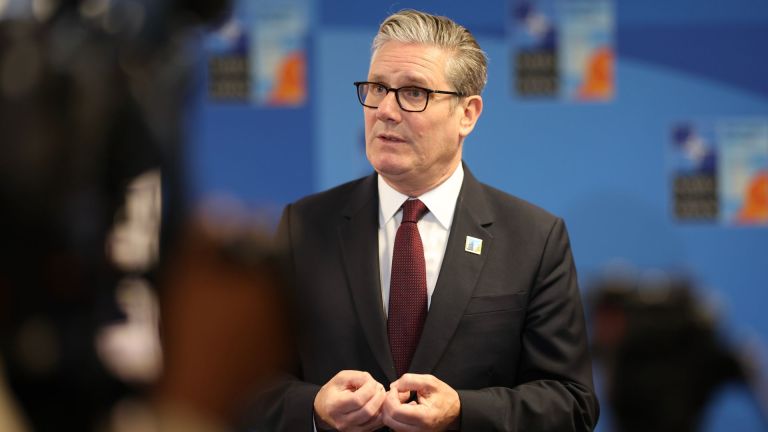The full impact of Carillion’s collapse on public services, livelihoods and public finances will take months to unfold, but the early indications are bleak and depressingly familiar. Countless smaller firms are in jeopardy because they will not receive payment for work. Staff will go unpaid and the government will step in to continue essential services. Senior management paid themselves bonuses while the company disintegrated.
Carillion was founded on construction, leading projects including Heathrow Terminal 5, the Channel Tunnel and the M6 toll road. Yet over time more revenues were generated from their Support Services division. These were government contracts to build, manage and operate public services, from small cleaning and security jobs to running entire schools and hospitals. Carillion became entwined in the public sector, generating over £2.1 billion revenues from UK support services in 2016. Its collapse has jeopardised the smooth running of these roads, hospitals, schools and houses at a time when public services are already at breaking point.
Like many other outsourcing firms, Carillion was a private company with a duty to maximise shareholder return: putting profit first is simply what they do. They are not alone: whether it is healthy trees being felled in Sheffield to save money or inflated hospital car parking charges to make money from ill health, we see time and time again that outsourcing providers have little heed for social value.

So why did the government allow – even encourage – Carillion and its peers to develop this public services stranglehold? Why did it continue to give work to Carillion after the share price tanked due to losses from its international business, losses that even profits from the sale of PFI stakes at the expense of the taxpayer could not offset?
There are superficial answers about financial tests being met. But the problem with outsourcing has deep roots.
Rather than play a zero-sum-game of risk transfer – where the losers are the public and the winners are the shareholders – partnerships between the public and private sector need to create positive social value
It has become normal for government to provide few services itself and instead tender them out to the private sector. In theory this is reasonable: it would be inefficient and unrealistic for the state to control all the means of production for services to its citizens.










